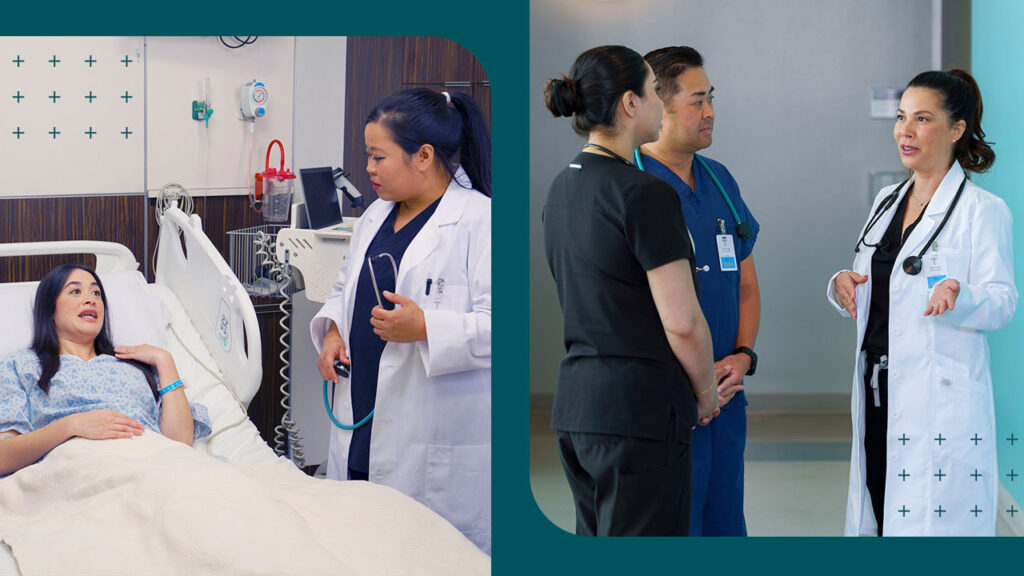A Clinical Nurse Leader (CNL) is an advanced generalist nurse who plays a critical role in coordinating and overseeing the care of a specific group of patients. The CNL role was developed by the American Association of Colleges of Nursing (AACN) to address the need for clinical leadership at the point of care, helping to improve patient outcomes and strengthen healthcare delivery systems.
CNLs combine clinical expertise with leadership skills, focusing on quality improvement, care coordination, and patient safety across various healthcare settings.
Responsibilities of a Clinical Nurse Leader
Clinical Nurse Leaders are trained to integrate evidence-based practices into patient care while collaborating closely with interdisciplinary teams. Their responsibilities typically include:
- Assessing patient risks and outcomes, monitoring for trends or complications that require adjustments to care.
- Facilitating communication among physicians, nurses, therapists, social workers, and patients’ families.
- Leading quality improvement initiatives, such as developing protocols to reduce hospital-acquired infections or readmissions.
- Mentoring and supporting bedside nurses to enhance clinical skills and confidence.
- Advocating for patients, ensuring care decisions respect patients’ needs and preferences.
Where CNLs Work
Clinical Nurse Leaders practice in a range of settings, such as:
- Hospitals (including medical-surgical, intensive care, and specialty units)
- Outpatient and ambulatory clinics
- Rehabilitation and long-term care facilities
- Community health organizations
Education and Certification
To become a Clinical Nurse Leader, the following steps are generally required:
- Earn a Bachelor of Science in Nursing (BSN): Graduates must hold a BSN and maintain active RN licensure.
- Complete a Master’s-Level Nurse Leader Program: The CNL is typically prepared at the master’s level through a program that emphasizes clinical leadership, health systems management, outcomes measurement, and evidence-based care.
- Obtain CNL Certification: The CNL Certification Exam is administered by the Commission on Nurse Certification (CNC), an arm of the AACN. Candidates must graduate from a CNL-eligible program to qualify for the exam.
- Maintain Certification: CNLs renew their certification periodically through continuing education and practice requirements.
CNL FAQs
How is a Clinical Nurse Leader different from a Clinical Nurse Specialist?
While both are advanced nursing roles, a Clinical Nurse Specialist (CNS) typically focuses on a specialty area (such as cardiology or oncology) and often serves as a clinical expert for that population. A Clinical Nurse Leader is a generalist who integrates care across disciplines, emphasizing quality and safety at the point of care for a specific cohort of patients.
Do CNLs provide direct patient care?
Yes. Unlike some leadership roles that primarily involve administration, CNLs maintain a hands-on clinical presence. They directly assess patients, coordinate interventions, and monitor outcomes while mentoring nursing staff.
Is certification required to work as a CNL?
Yes. To formally use the title “Clinical Nurse Leader,” individuals must pass the CNL Certification Exam administered by the CNC after completing an approved program.
Related Resources
- American Association of Colleges of Nursing (AACN) – CNL Overview
- American Organization for Nursing Leadership (AONL)


